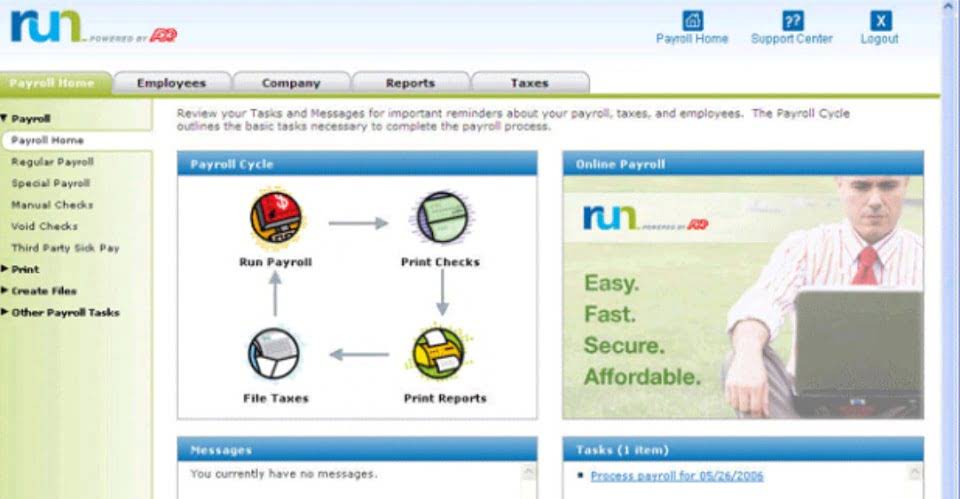
While Royalties can offer some diversification in a portfolio, diversification cannot ensure a profit or protect against loss in a declining market. Royalties may be paid for the use of images, such as when you want to add stock photography to your website. Another type of royalty is a book royalty, which publishers pay to authors for every book they sell. The contract will include a detailed description of the subject matter (the property) accounting and who owns it. For example, if you are selling the right to use a group of your images to an online image company such as Getty Images, you would describe your images in detail (maybe with a listing), then the following references to the photos could simply call them “the Images.” Royalties are payments that buy the right to use someone else’s property.
Mastering Cross-Border Payments: A Global Payouts Playbook
- ASCAP is one of the three major Performing Rights Organizations (PROs) for songwriters, composers, and music publishers that help them register their music and see royalty statements online to collect royalties.
- Yes, royalty agreements can be terminated under certain conditions, typically outlined in the contract itself.
- They’re often defined as a payment per unit or as a percentage of sales.
- These royalties are often a percentage of revenue from resource sales, outlined in lease agreements that may include minimum payments or sliding scale rates based on production levels.
- According to the Copyright Royalty Board, this royalty applies to physical sales including vinyl, cassettes, CDs, and digital downloads.
- The agreement between the owner or creator of the intellectual property and the user typically outlines the percentage of revenue that will be paid as royalty to the owner or creator.
Musicians, performers and songwriters often receive royalties if they have copyrighted their music. When a radio station or a AI in Accounting movie or TV show plays the song, or it is streamed online, or performed by a different artist, royalties are generated. Royalties can be an important source of revenue for those in the entertainment industry who have uneven income streams, but they are also common in other types of business.
How are royalties calculated and paid?

Auditors analyze the accuracy of reported sales, royalty calculations, and any deductions or exclusions outlined in the agreement. This comprehensive examination helps identify any discrepancies or potential non-compliance issues. Royalty calculation and payment rules are usually set in the license agreement signed by the property owner. Typically, the method described can be a fixed amount or a royalty percentage, which is a share of the gross revenue earned from the use of the property. Royalties are how people make money from their assets, creations, inventions, and intellectual property.

FAQs About Royalties
Here’s everything you need to know, including a thorough definition of overriding royalty interest and an example scenario. The said information is neither owned by BFL nor it is to the exclusive knowledge of BFL. There may be inadvertent inaccuracies or typographical errors or delays in updating the said information. Hence, users are advised to independently exercise diligence by verifying complete information, including by consulting experts, if any.
Music

Royalties are governed by legal agreements between the producers and users of the product or content, which establish the payment structure, as a fixed fee or a percentage of revenue, and establish the frequency of payments, such as quarterly or annually. The agreement includes details like rights, grantor’s representation and warranties, grantee’s representation and warranties, royalty, net profit, payout, confidentiality, indemnity, termination, governing law, agreement, etc. The rights provided in this royalty agreement template list example of royalty the specific rights being assigned (licensed) to the Grantee (as licensee), for which the Grantor (licensor) will receive royalties. Royalty audits encompass a wide range of activities, including reviewing financial records, contracts, and licensing agreements.

